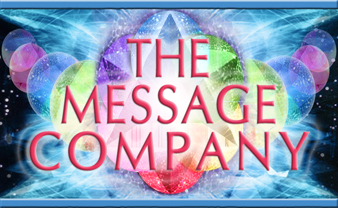
John Diamond, MD, DPM
John Diamond is a pioneering figure in alternative and holistic medicine. His remarkable body of work embraces a wide range of disciplines, the result of over forty-five years of research and clinical practice.
He began his career in psychiatry but expanded into holistic medicine, concentrating on the totality of the sufferer, the interrelatedness and interdependence of the inseparable triune of body, mind, and spirit, how they relate, and how all three must be involved in every healing process.
He is a Fellow of the Royal Australian and New Zealand College of Psychiatry, a member of the Royal College of Psychiatrists, a member of the American Holistic Medical Association and is a Fellow and past President of the International Academy of Preventive Medicine.
Over the course of his long career in the healing and creative arts, Dr. Diamond has undertaken a significant amount of research into many healing modalities, which form the basis of his understanding of, and unique approach to, the nature of disease.
He blends his experience in medicine, psychiatry, complementary medicine, the humanities, holism, applied kinesiology, acupuncture theory, spirituality and the arts, especially music, to help people overcome problems relating to body, mind and spirit.
Dr. Diamond is a best-selling author of over twenty books including Your Body Doesn't Lie, Life Energy in Music, Wellspring of Music, The Heart of Music, Life Energy: Unlocking the Hidden Power of Your Emotions to Achieve Well-Being, Notes on a Spiritual Basis of Therapy, The Healer, The Way of the Pulse: Drumming with Spirit, The Veneration of Life: Through the Disease to the Soul and Life Enhancement Through Music.
The Role the Unconscious Plays in the Healing Power of Music
Music can be the most important modality for healing, however, it is dependent on one vital factor, that the performers/therapists in question are aware of the variables — conscious and unconscious — which can affect the therapeutic quality of the music. We will look at how every aspect of the performer is transmitted to the audience and will affect them positively or negatively. We will examine the intention of the music-maker which is critical, and discuss how this problem has been ignored throughout the entire corpus of using music as therapy research. Until we recognize that the unconscious, often acts in opposition to what would seem to be our best conscious intentions, music will never assume its role as the greatest therapy.
Goals:
To learn the results of nearly fifty years of research and clinical application from a medical doctor on how music affects us and what makes it healing or not.
Learning Objectives:
• How to make music truly therapeutic.
• Conscious and unconscious variables which affect the healing power of music.
• How your music reflects your life and your life reflects your music.
Tuesday, November 14, 2006
La Terraza Room 10:45am to 12noon
www.diamondcenter.net
|







